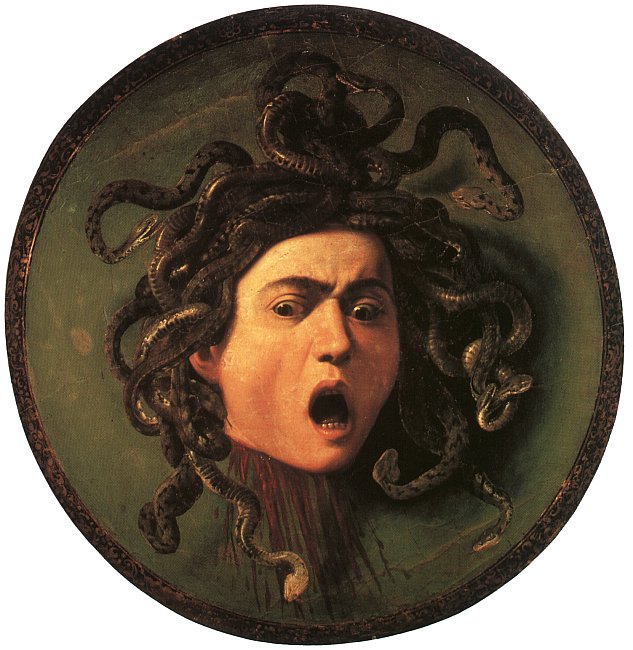The very idea of them, really. This is the time of year when all the blogs I read and at least some of the people I know start generating these lists of promises they make both to themselves and their loved ones (but mostly just to themselves) for things they will do, behaviors they will modify, changes they will seek in the coming year. Will 2010 be a better year? Was 2009 a triumph or a disappointment? And so on. Though it's doubtless very soulless of me, my own celebration/resolution bit is always sort of stymied by how artificial it all seems. Why count our lives by years and not some other measure? Of course, this is likely just a bluff. I'm terrified at the necessity of having to measure my life by an kind of standard. Being in school for almost my entire life has to be somewhat to blame for this. The academic calendar is tightly tethered to the concept of measuring time and clicking off years. I guess what's happened is that I've run out of years to account for in this way. Even more, when I stop measuring my life by numbers and schedules, the future yawns out in front of me. As I think I've said before, in my good moments, this lack of structure looks like possibility and I get little thrills of excitement thinking about all the other directions my life might take. In my bad moments, I feel lost.
It reminds me a little, actually, of teaching Stephen Crane's "An Open Boat" in my comp classes a year or so ago. Or is it "The Open Boat"? It doesn't really matter right now. Anyway, this story is all about these 4 (4?) men who survive a shipwreck and end up tossing about in the waves. They can get close enough to the shore to see people on it, but they can't get to land without swamping their rickety little vessel. Most of the story takes place with them drifting in the sea, paddling up and down the coast, and ignoring the sharks. The journalist figure is the Crane stand-in and through this experience he ponders the futility of human striving in a godless universe. Gotta love the naturalists. I do. He repeats the phrase "If I am to die," over and over, and appeals to some sort of archaic sea gods. One of my students actually thought this meant that he was a devotee of Poseidon (what an excellent sense of history, right?).
I'm not sure why I'm rambling on about that here, except I kind of feel like I was on my own petty ship. And it wrecked. The metaphor works, I think, well enough that I needn't expand on it.
Subscribe to:
Post Comments (Atom)


No comments:
Post a Comment